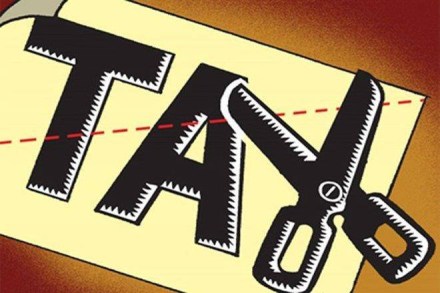Taxation of capital gains arising on sale of shares shall depend up on the period of holding of shares.By Chirag Nangia
I have shares of a company, which I have been buying for many years. In November last year, I sold some shares for Rs 21 lakh and the long term capital gain was Rs 7,50,000. How will the same be taxed for FY 2019-20?
—D K Paul
Assuming that the shares are in the nature of ESOPs, they shall be taxed at two stages, once as perquisites in the hands of employees upon allotment and subsequently as capital gains upon sale of the shares. The value of perquisite shall be obtained by subtracting the exercise price from the FMV on the date of exercise. Capital gains shall be computed by subtracting the cost of acquisition of shares from the sale consideration. The FMV taken for the purpose of calculation of value of perquisite shall be the cost of acquisition and the period of holding shall be taken from the date of allotment of the ESOP.
Taxation of capital gains arising on sale of shares shall depend up on the period of holding of shares. In case of listed shares, capital gains shall be long-term where the period of holding exceeds 12 months and shall be taxed at the rate of 10% in excess of Rs 1 lakh.
How do I pay advance tax for the interest on my bank deposits?
—Rajiv Singh
All taxpayers are required to pay advance tax quarterly at prescribed rates and before the prescribed due dates. However, please note that advance tax is not required to be paid by a resident individual if he is aged 60 years or more at any time during the previous year and who does not have any business income. The due dates for payment of advance tax are June 15 (15% of advance tax payable), September 15(45% of advance tax payable), December 15 (75% of advance tax payable) and March 15 (100% of advance tax payable) of the relevant previous year.
I got a notice for defective returns, which I rectified and filed again. I have again got such a notice. What do I do?
—Sanjay
Need to first understand the reason why such notices for defective return are being issued. If such defect cannot be rectified for any reason beyond control of assessee, then necessary application may be required to be made to concerned tax authorities explaining the difficulty and request them to consider the return as ‘valid return’. Help of a professional chartered accountant or tax practitioner may be taken in such matters.
The writer is director, Nangia Andersen Consulting. Send your queries to fepersonalfinance@expressindia.com
